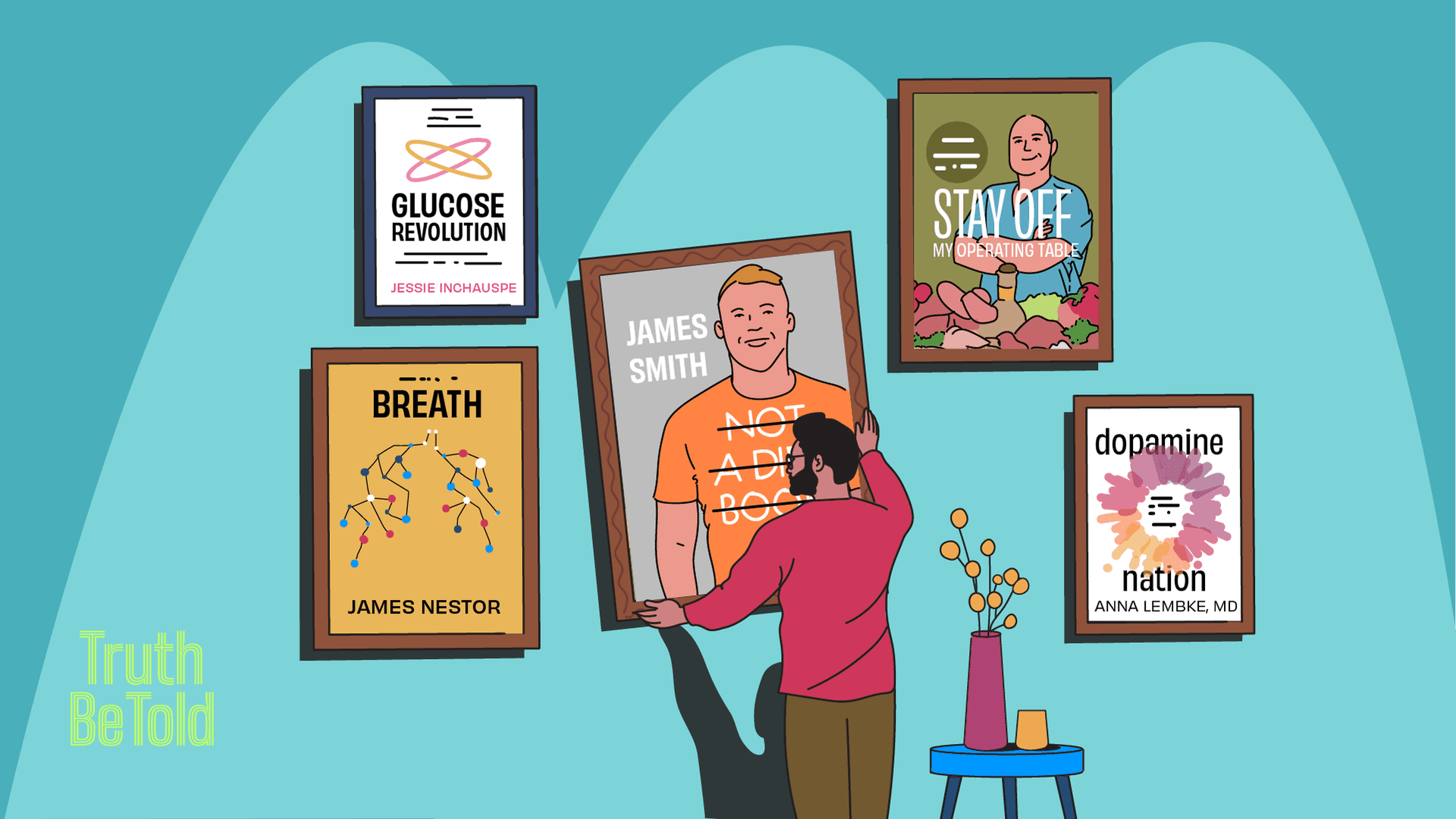Good books on health, fitness and nutrition
Improve your life with these insights
The most trustworthy source of food and
fitness journalism in the country.
Editor’s Note: Hi all! Today, we’ve got some book recommendations for you. Our regular contributor, Ankush Datar, often quotes insightful books in his articles and shares his learnings on Twitter. So, I asked him to share a list of his favourite health books with TBT readers. Do check them out—here’s me hoping you discover your next read here.
I am very selective when it comes to health books. I prefer those that offer actionable insights, and the five I am sharing today have greatly benefited me. Each provides a unique perspective on health and fitness. I hope you find my recommendations helpful. Happy reading!
I. Dopamine Nation
What the book is about: This book revolves around dopamine, a neurotransmitter that communicates between brain nerve cells and impacts mood, motivation, sleep, and more. From your first morning coffee to tackling challenging tasks at work, dopamine’s influence is everywhere. Dr. Anna Lembke explains these phenomena using fascinating patient case studies and her personal examples.
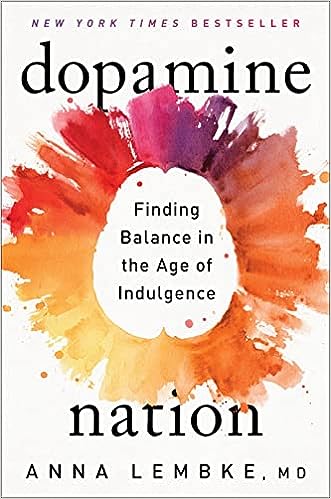
Key things I learnt: We often go for easy, cheap sources of dopamine—activities that bring short-term pleasure but have little meaningful impact in the long run. Examples include smoking, social media scrolling, porn, and gossip. The more we indulge, the stronger our cravings become, leading to negative feelings like anger or depression if we can’t fulfil them. To actually feel good long-term, we must tackle more challenging tasks, like regular exercise and a healthy diet.
Who should read it: Anyone curious about why we feel the way we do when engaging in easy activities and why doing hard things is difficult yet rewarding.
II. Breath
What the book is about: This book by journalist James Nestor explores how our breathing habits influence our well-being. Nestor travels globally to examine breathing patterns across diverse cultures, breaking down misconceptions that have prevailed over the years.
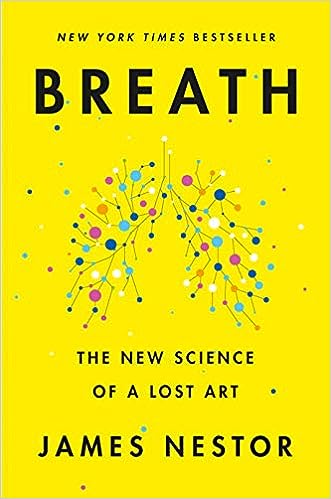
Key things I learnt:
• A perfect breath involves 5.5 seconds each for inhaling and exhaling.
• In today’s fast-paced world, we’re taking more breaths per minute, which results in higher heart rates and added stress.
• Mouth breathing isn’t just a bad habit; it’s detrimental to our sleep, dental health, and overall wellness. Many even snore or mouth-breathe without realising, causing health issues and disrupting sleep with frequent bathroom visits.
• A surprising fact: fat loss is closely linked to how we breathe—about 8.5 pounds of every 10-pound weight loss is expelled through the lungs as carbon dioxide and vapour, and the rest is eliminated via sweat and urine. This fact has been largely overlooked, highlighting our lungs’ crucial role as weight-regulating organs.
• Breathing exercises like Pranayama and Sudarshan Kriya have a profound impact on our bodily functions.
• Even elite athletic teams have enhanced their performance by simply modifying their breathing techniques.
• How we breathe can influence not just our physical but also our mental state, affecting anxiety levels and digestion rates.
• Scientific evidence shows that inadequate nasal breathing can negatively affect one’s sex life.
Who should read it: It is especially valuable for active individuals looking to enhance their performance. Or those dealing with anxiety, overthinking, sleeplessness, and particularly if you’re a snorer.
💨Take a friend’s breath away with these insights (not literally)
III. Stay Off My Operating Table
What the book is about: Dr. Phillip Ovadia, who went from obesity to losing over 100 pounds, unpacks the concept of metabolic health in a simple and easily understandable manner. As a heart surgeon, he realised that lifestyle changes could have negated the need for thousands of open-heart surgeries, rendering medications secondary.
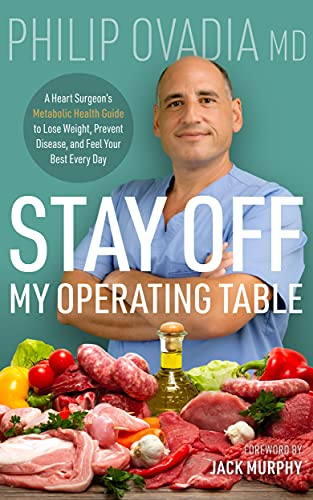
Key things I learnt:
• Metabolic health is essentially our body’s efficiency in utilising food for growth, fuel, repair, and energy storage during periods of low food availability. Read an earlier Truth Be Told piece here.
• Cholesterol is not the sole driver of metabolic health, although it’s often the one we focus on most because it’s easier to manipulate. I’ve written about how I got my own cholesterol down, here.
• Good metabolic health has some clear indicators, including waist size (35 inches or less for women, 40 inches or less for men), fasting blood glucose under 100 mg/dl, blood pressure under 130/85 mm Hg, HDL above 40, and triglycerides under 150.
• Processed foods can be addictive and keep us craving more, leading us to eat incessantly, resulting in elevated insulin levels and other metabolic diseases. Another piece from Truth Be Told on this subject, is here.
• If you’re in good metabolic health, you are not hungry most of the time and can sustain yourself with just three meals a day.
• Transformative techniques for boosting metabolic health include reducing grain consumption, increasing protein intake, and incorporating strength training. Yes, these are all basics, but understanding how they truly affect metabolic health is crucial.
Who should read it: People who have begun their journey a few years into work. To prevent any future mishaps, it’s important to understand what metabolic health means and where you stand today
IV. Glucose Revolution
What the book is about: Jessie Inchauspe, a biochemist, documents her ‘life-changing’—it is not a clickbait—journey and shares her insights on maintaining balanced blood sugar levels, lessons she gained from her own experiences. The book highlights the importance of glucose in our overall health and longevity and why maintaining balanced blood glucose levels is critical.
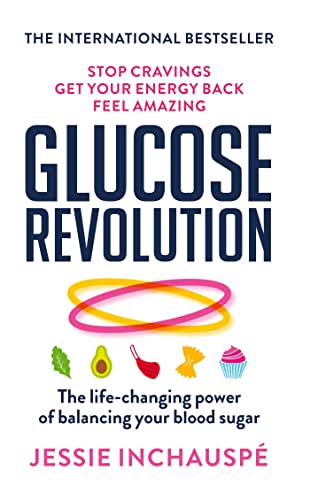
Key things I learnt:
• The order of food matters: Start with veggies, then protein and fat, and finish with carbs to blunt the glucose response. This approach helps prevent overeating and reduces the need for excessive carb consumption. Using a Continuous Glucose Monitor can assess the impact of this food order on glucose levels.
• The many different names for sugar can make it confusing for consumers.
• If you’re going to have dessert, have it at the end of a protein-rich meal and never on an empty stomach.
• Your body doesn’t differentiate between sugar from fruits, sweets, or other sources; it processes them all the same way.
• Tiredness, poor sleep, and lack of motivation can be linked to glucose spikes and crashes caused by food.
• Poor glucose regulation can lead to long-term diseases. Organs like your heart, eyes, skin, and stomach all rely on glucose, but too much can be harmful—similar to a plant withering from excess glucose during photosynthesis.
Who should read it: People who often ponder the correct sequence for eating food will find this book valuable, particularly those with high blood glucose, pre-diabetic conditions, insulin resistance, or those who generally feel tired during the day despite having rested.
💪Don’t sugarcoat it, help friends sweeten their health (not literally)
V. Not a Diet Book
What the book is about: James Smith, a personal trainer, documents his teachings in a simple and easy-to-understand manner. He guides you toward achieving your goals while systematically debunking the myths and fads that the fitness and nutrition industry often promotes.
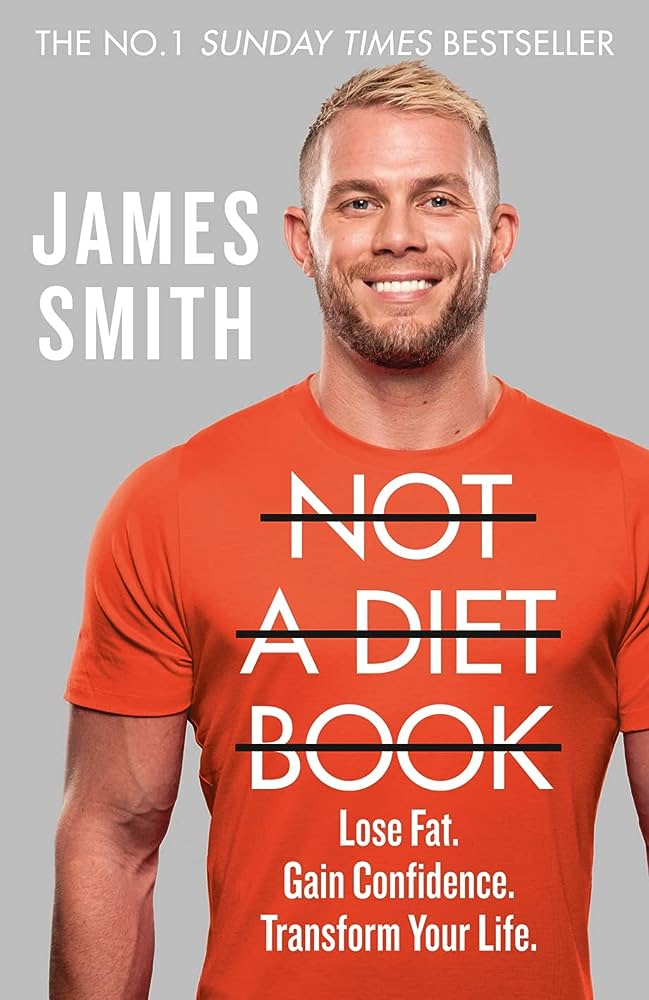
Key things I learnt:
• Calories do matter—whether you want to admit it, count them, or even care about them. The efficacy of all diets—be it low-carb, high-fat, or fasting—ultimately boils down to daily caloric intake. So ultimately, should we all count calories? Yup, its useful. Read Smith’s book or check out Truth Be Told’s article on calorie counting.
• Correct allocation of macronutrients is crucial; while flexibility is fine, protein must be the cornerstone of your diet.
• People often cherry-pick new evidence confirming their beliefs about fitness, while dismissing anything that contradicts them.
• Surprisingly, most of the calories you burn in a day come from activities outside of your workouts. But reaching that state requires us to be active and work towards achieving the privilege of that metabolism. Check out Truth Be Told’s article on building a fitness routine.
• The psychology of setting fitness goals is essential. Everyone, regardless of their expertise, goes through periods of demotivation and may stray. Understanding this is key to establishing a process to get back on track.
Who should read it: Those overwhelmed by the deluge of health and fitness information online, aiming to understand the basics and debunk myths as they kickstart their fitness journey.
Love reading? Share this with other bookworms you know
